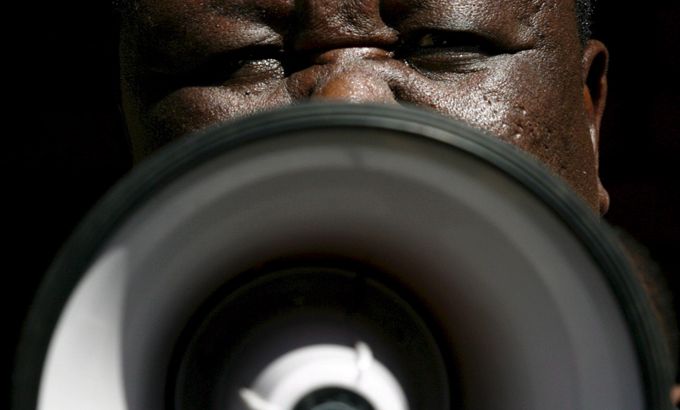
Zimbabwe’s media landscape
We look if conditions have improved for the media in Zimbabwe, plus the challenges facing journalists in Colombia.
On the Listening Post this week we travel to Zimbabwe to see if conditions have improved for the media there under the power-sharing agreement, and we meet two of Colombia’s most persistent and resilient journalists.
This week, two years ago the Zanu PF and Robert Mugabe, the Zimbabwean president, agreed to form a coalition government with Morgan Tsvangirai, the leader of the Movement for Democratic Change. It was an auspicious day in Zimbabwe and many hoped that this union – known as the Global Political Agreement (GPA) – would pave the way for a free and independent media.
We went to Zimbabwe and saw some improvements but unfortunately media reform was not one of them. The people we spoke to said that only superficial changes had been made to the media setup in Zimbabwe and in reality, independent journalism is still hamstrung by bureaucratic red tape.
Furthermore, the reporting that does trickle out is patchy and clearly biased. Our News Divide this week looks at the media landscape in Zimbabwe nearly two years into the coalition government and how the promise of a free media has still not been fulfilled.
Power in Colombia changed hands not so long ago. Outgoing president Alvaro Uribe left behind a legacy of being hard on the drug cartels, fierce with the left-wing guerillas and friendly with the US. But what will the history books say about his treatment of the media and critical journalists in particular.
For 45 years the South American country has been fighting a three-sided civil war and journalists have been caught in the middle. Although the average number of journalists killed each year did go down under Uribe, Colombia – according to media watchdogs – still ranks as one of the most dangerous places on earth to work as a journalist. And with few of the killers ever being brought to justice, a climate of impunity exists that often leads to self-censorship.
The Listening Post‘s Pablo Navarrete caught up with two journalists in Colombia who have refused to be intimidated, who have refused to self-censor but who still struggle to get their voices heard in a media controlled by partial owners.
Quick hits from the media world: A renowned journalist in Afghanistan was murdered but the motive behind the killing is still unclear. The Associated Press sends a memo to its staff instructing them not to report that the combat in Iraq is over. ABC‘s chief investigative correspondent airs more another misinformed report, and the British tabloid newspaper, The News of the World finds itself in hot water again over phone tapping allegations.
Our internet video of the week fuses infomercial television with new media. If you saw this ad on television, unless you were a culinary enthusiast, we doubt you would have watched it for long. But throw in an auto-tuned techno beat, add some urban dancers and post it online and it is a different story altogether. We hope you enjoy the show.
This episode of the Listening Post aired from Friday, September 10, 2010.